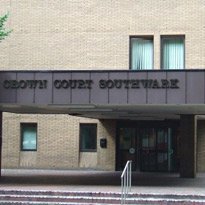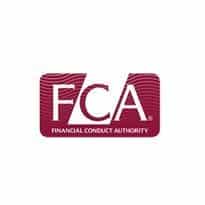iSoft trial told of ‘forgery kit’
- 17 April 2012

Former directors of iSoft used a “forgery kit” to create a “bogus contract” to try and secure the position of the company and their own fortunes in the middle of the last decade, a court has heard.
On the second and third days of the trial of Stephen Graham, Timothy Whiston, and John Whelan, Southwark Crown Court was told that the men forged a vital signature to trick auditors into believing that the company had signed a multi-million pound contract.
Prosecutors claim the trio and Patrick Cryne lied about the lucrative 54.3m Euro (£44.4m) deal to provide the Irish Health Service with a new computer system.
Richard Latham QC said the men used the forged contract to make sure that projected revenues from the Irish contract were recognised in iSoft’s accounts from as early as October 2003, even though the contract was not signed until April 2005.
At the start of the three month trial, Mr Latham said this misled investors and allowed Cryne, the firm’s chief executive, and Graham, its director of operations, to become multi-millionaires.
Finance director Whiston and erstwhile group financial controller Whelan were also highly paid and expected to net annual bonus based on the company’s apparent success, jurors have heard.
In his ongoing opening statement, Mr Latham said a “forgery kit” was discovered in the offices of Whiston and Graham.
He said three documents had been recovered that had been used to fake the signature of a senior member of the Irish Health Service Executive.
The four men had taken Pat McLoughlin’s signature from a heads of term agreement and, using a photocopier, transferred it onto a draft contract.
They then passed this to auditors, claiming it was the actual contract, he said, adding “this simply could not be any one of the defendants by themselves.”
Mr Latham added that the deceptions “did not stop” with the provision of a forged contract.
“On 30 November, Lloyds TSB were sent what is called a covenant compliance certificate – a certificate saying ‘we certify we’ve kept within the boundaries we’ve defined’,” he said.
“By signing this, John Whelan and Stephen Graham were confirming that iSoft were not in breach of the banking covenant.
“But the figures they provided to the bank included Ireland, and without Ireland they would have been in breach of at least one of their covenants.”
At the time the Irish contract was being negotiated, iSoft was in talks to merge with fellow health IT firm Torex and hoped to secure future contracts with the NHS, which in England was just starting on the National Programme for IT in the NHS.
Prosecutors say both projects hinged on the projection of success at the firm, which would have made a significant loss and been forced to issue a profit warning without booking the Irish revenues when it did.
None of the four men have any connection with iSoft today. The company, based in Banbury, Oxfordshire, was sold to Australian software firm IBA Health after a takeover in October 2007.
It has since been sold to US company CSC and is now part of CSC’s healthcare group.
Each of the defendants deny conspiracy to make misleading statements promises or forecasts, contrary to the Financial Services and Markets Act 2000 and section 1 of the Criminal Law Act.
Cryne is not before the court, having become unwell since proceedings started against the four men.
Comments have been closed on this story to comply with the law on contempt of court. Comments will be re-opened when the trial has concluded.


